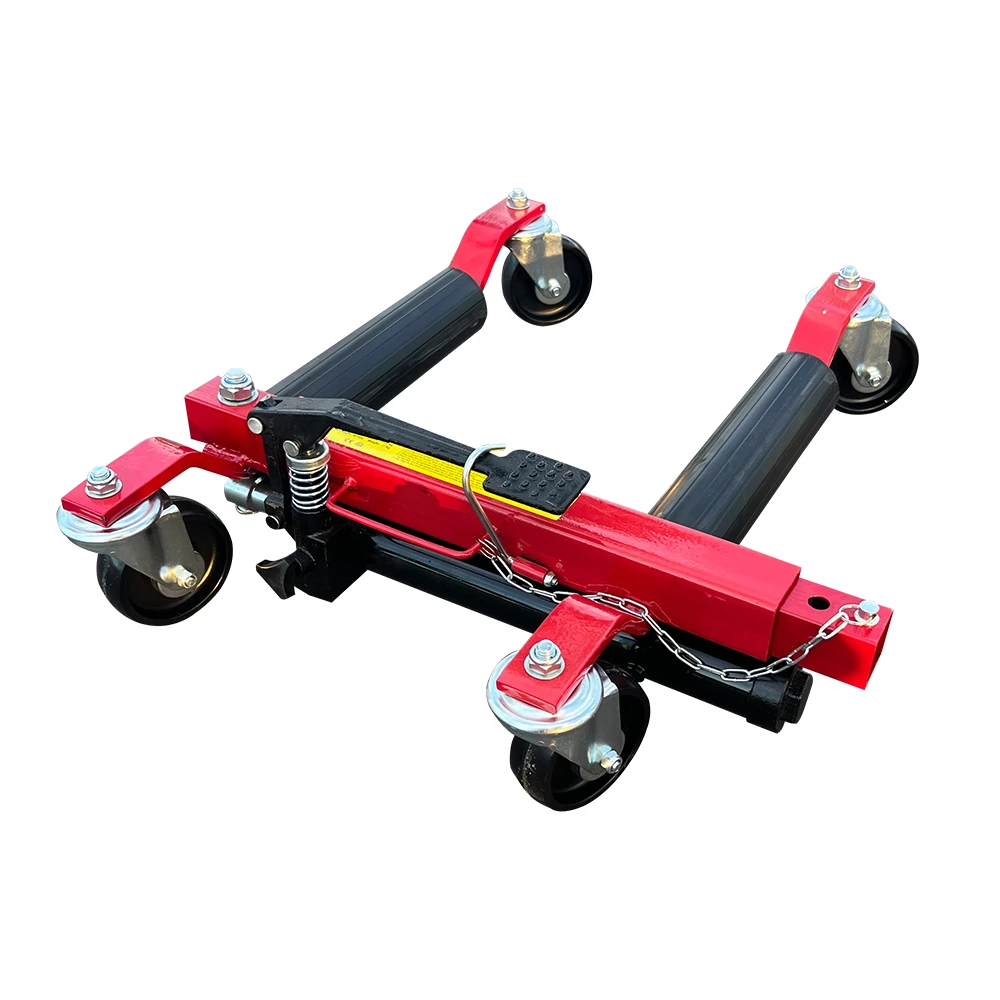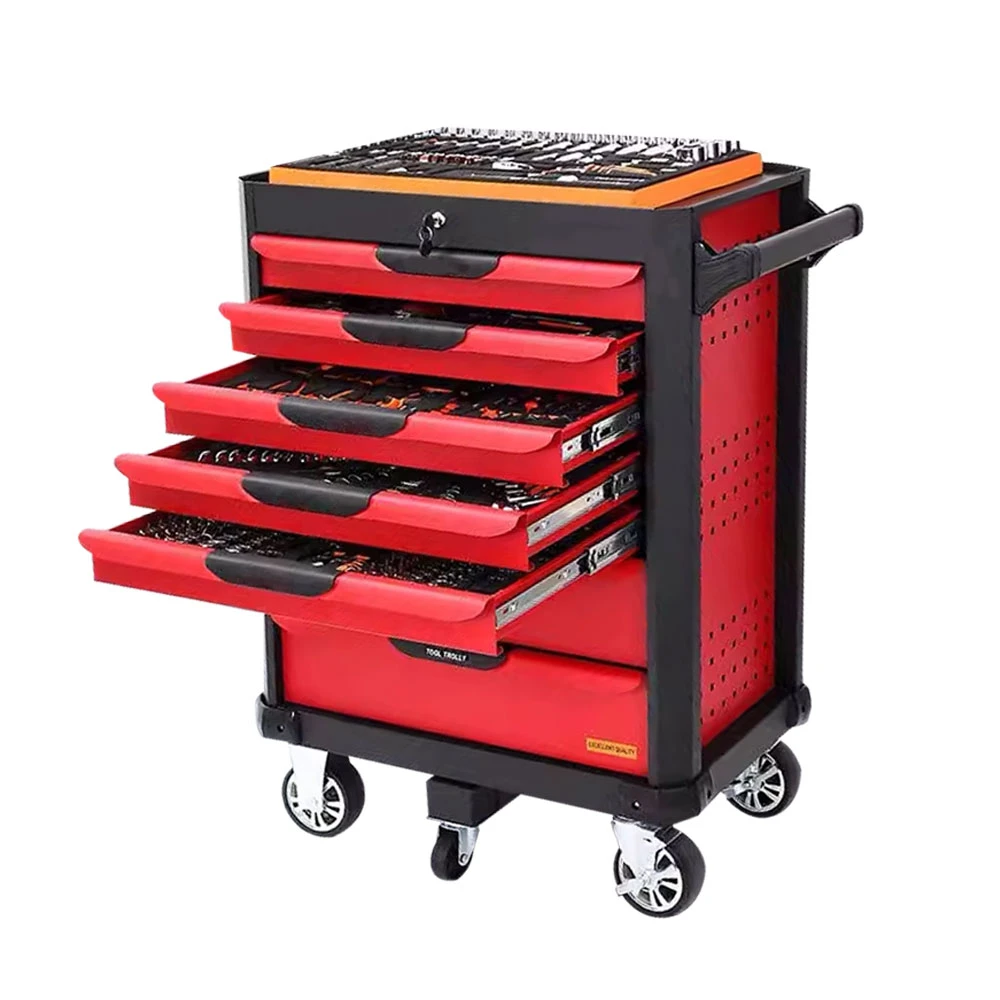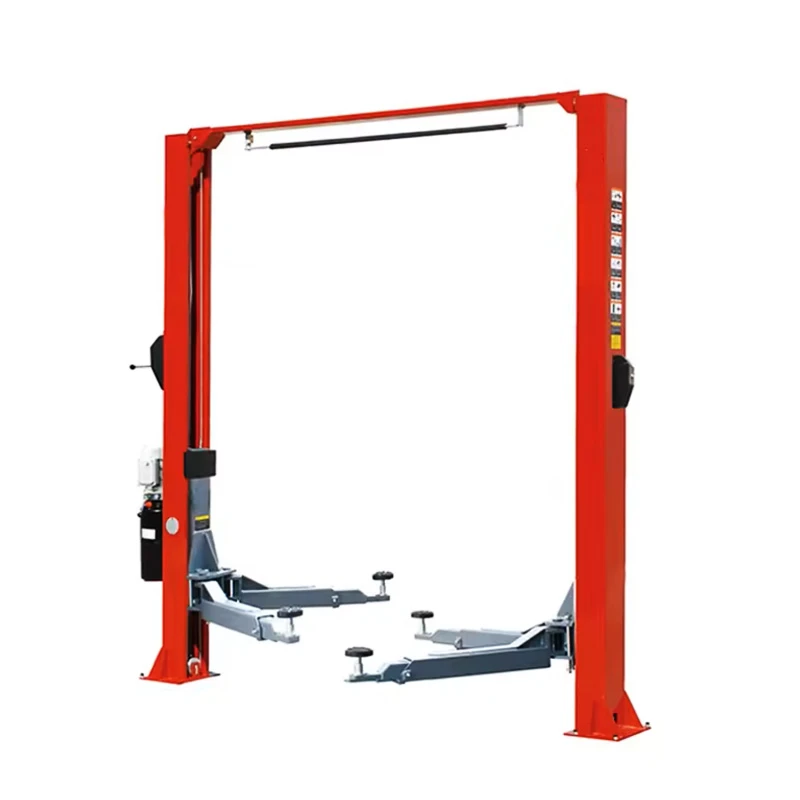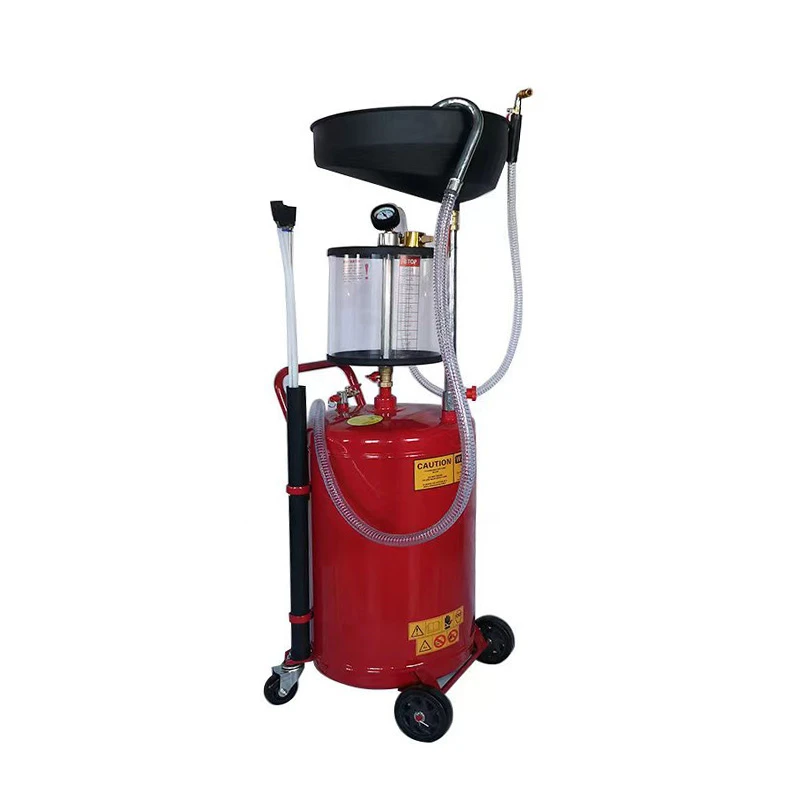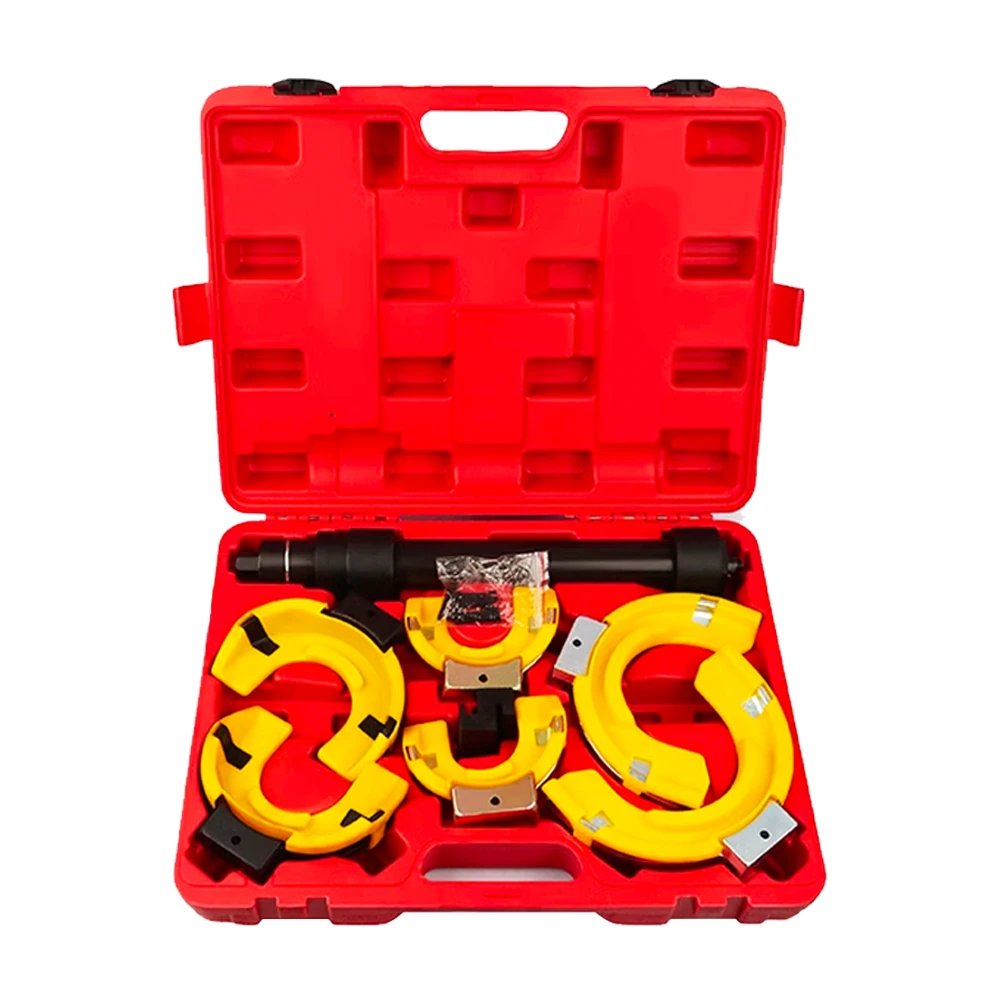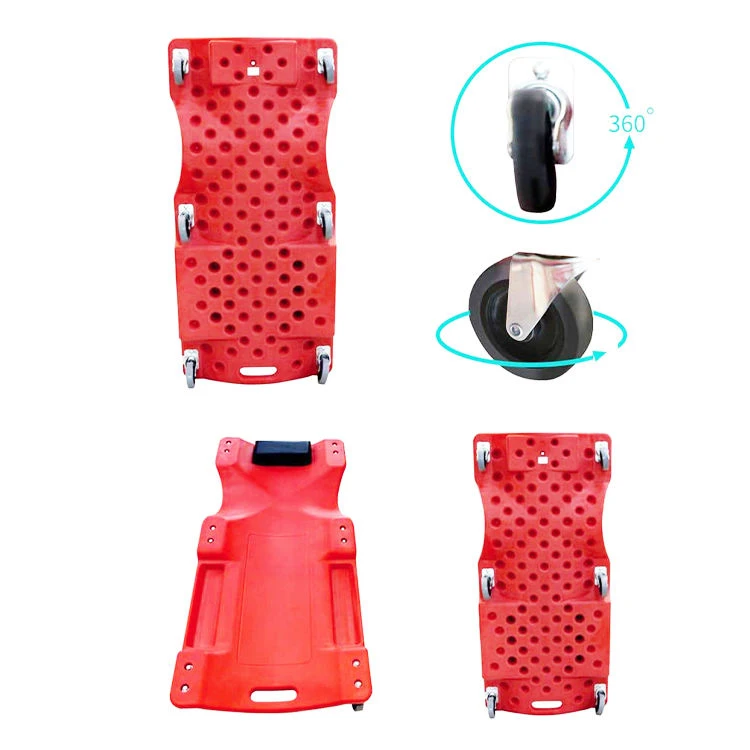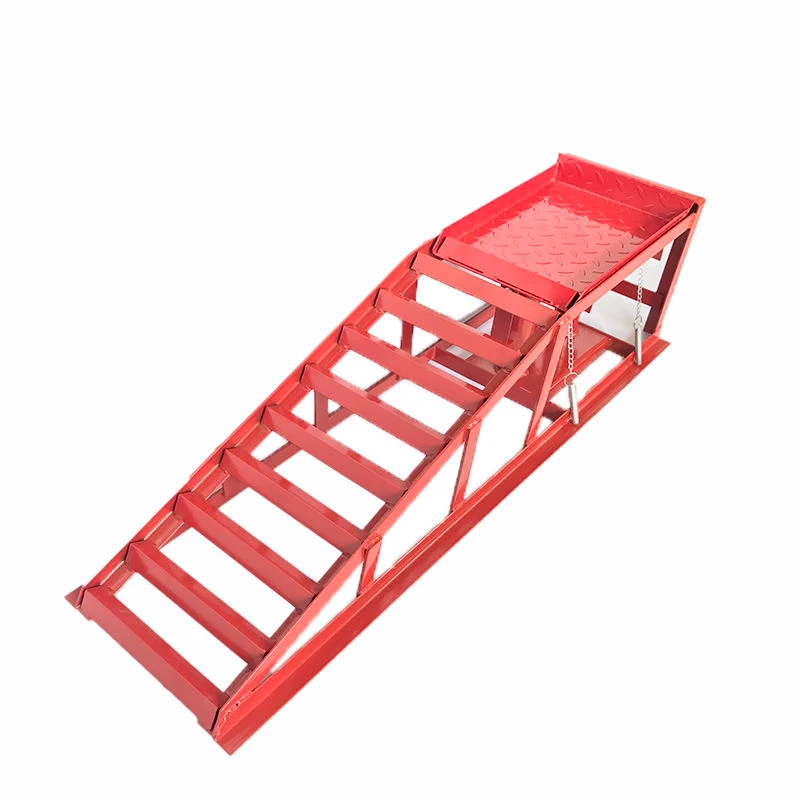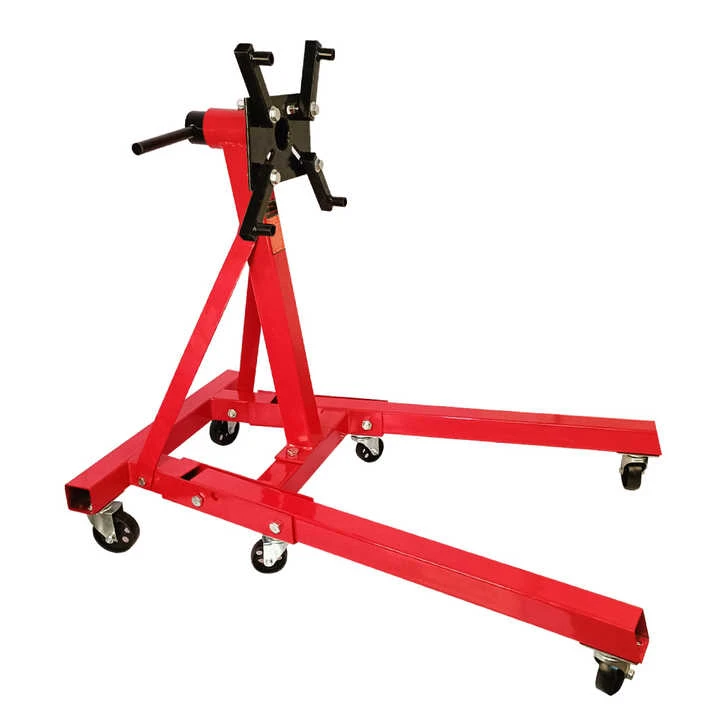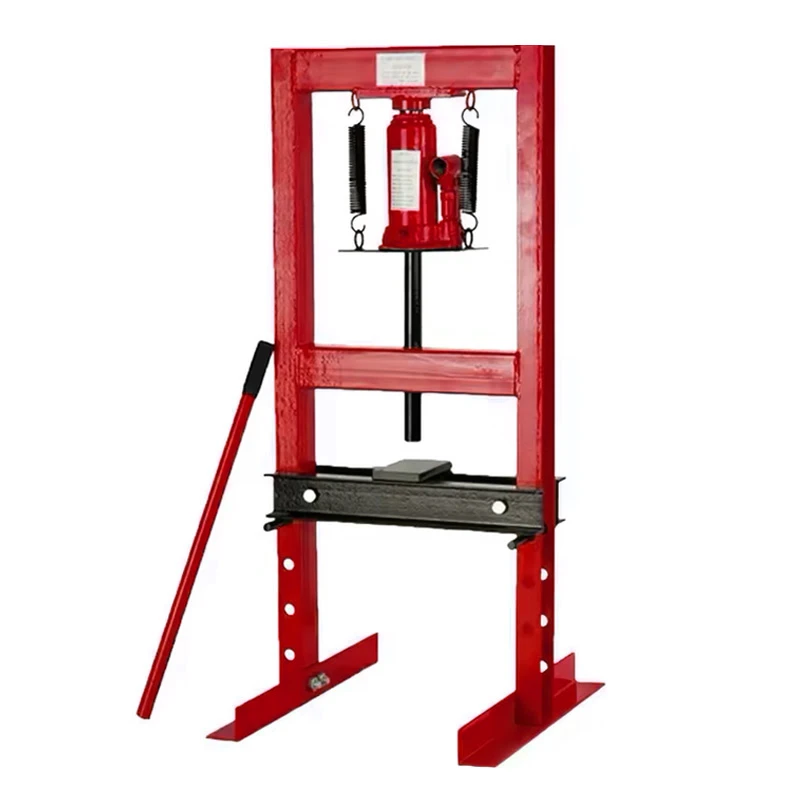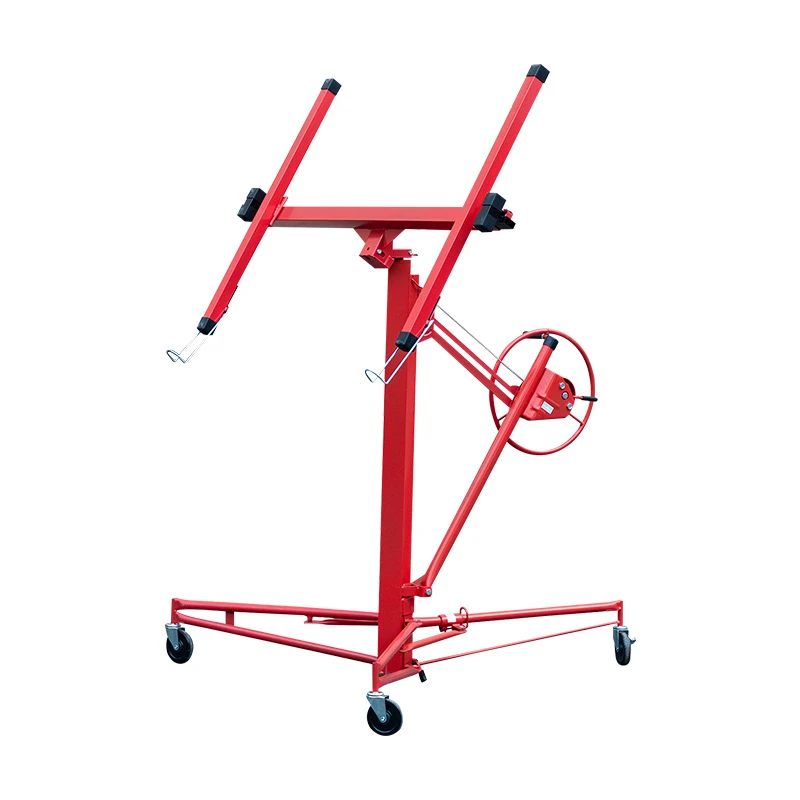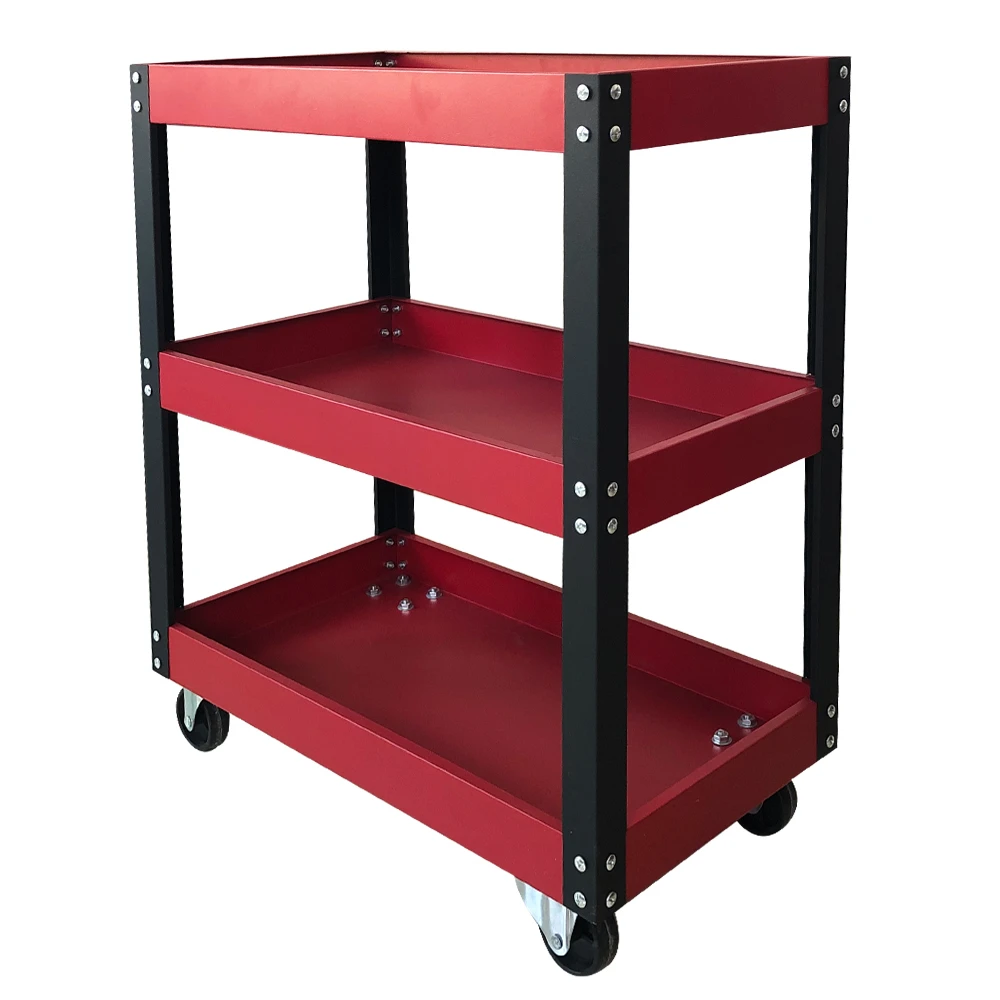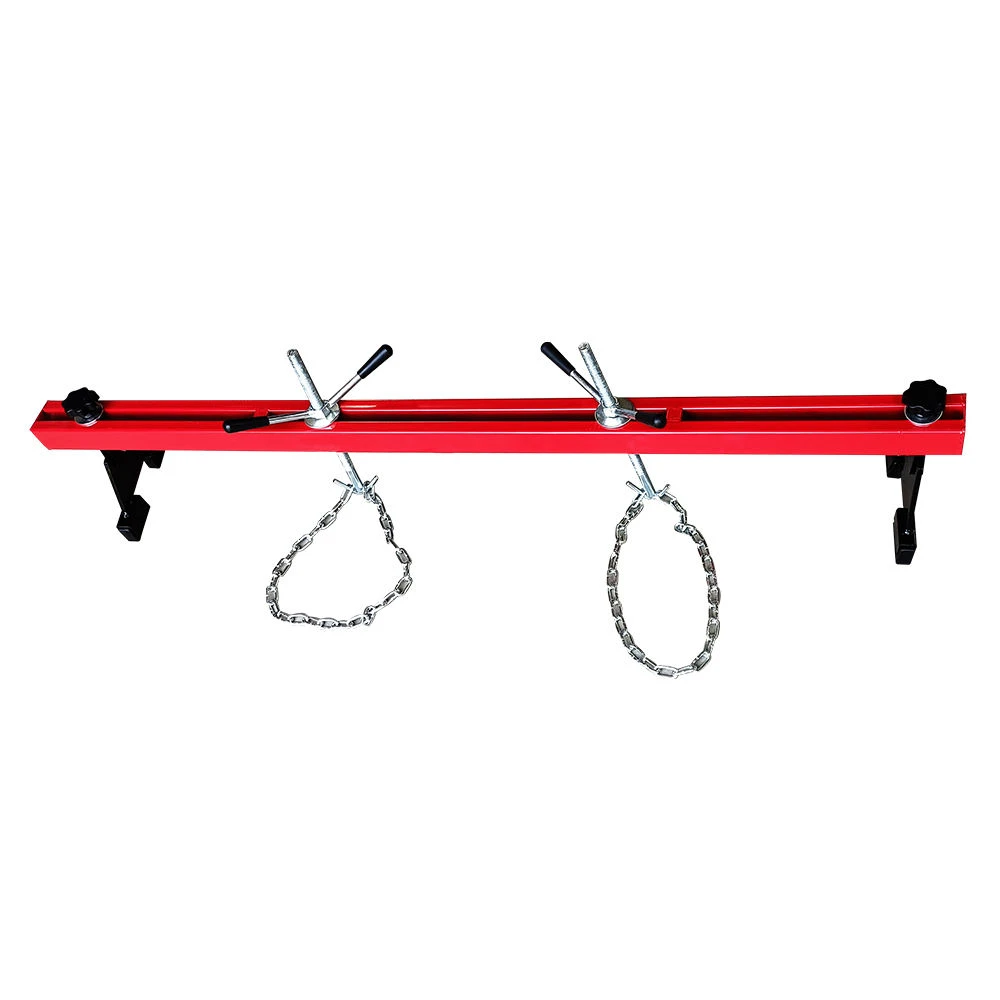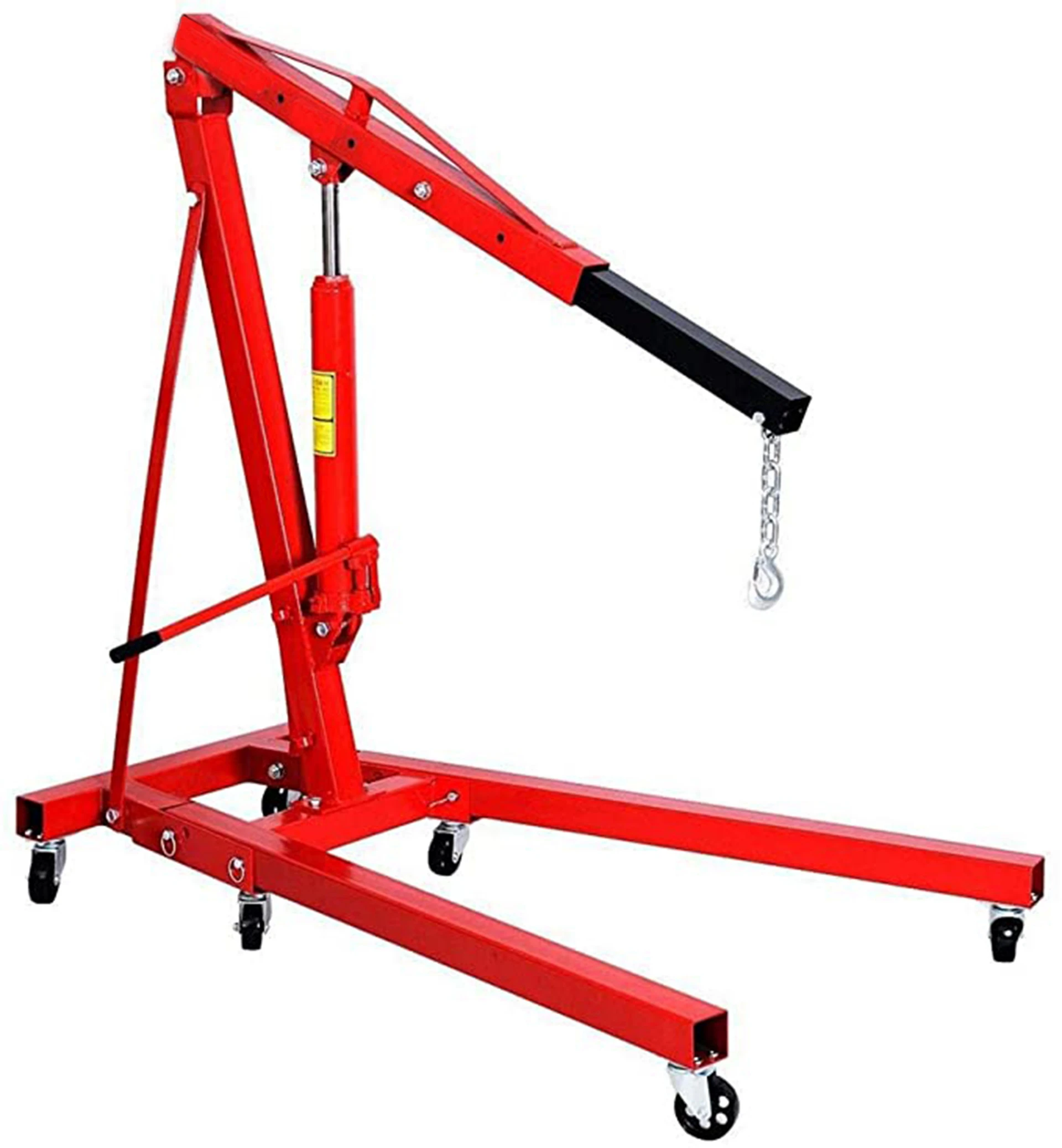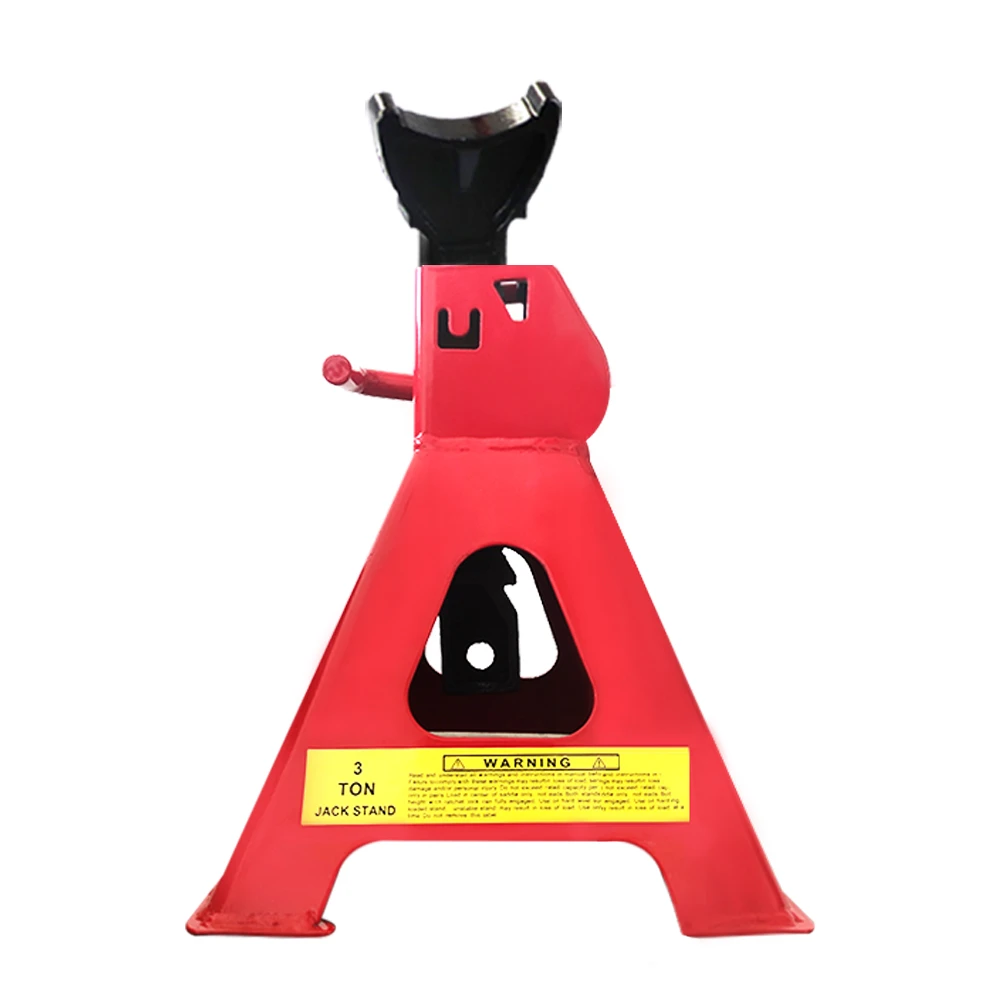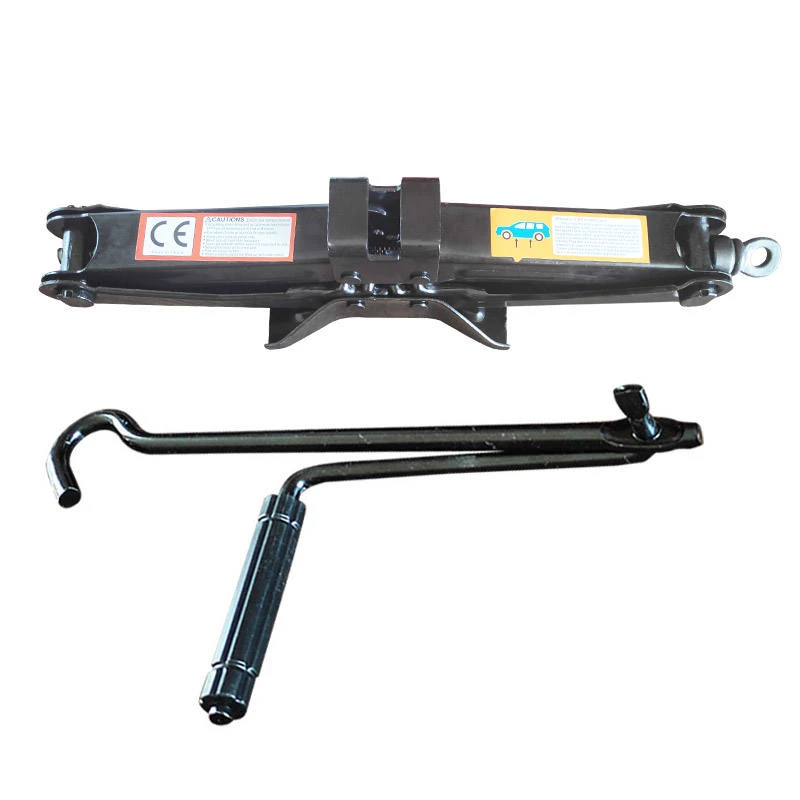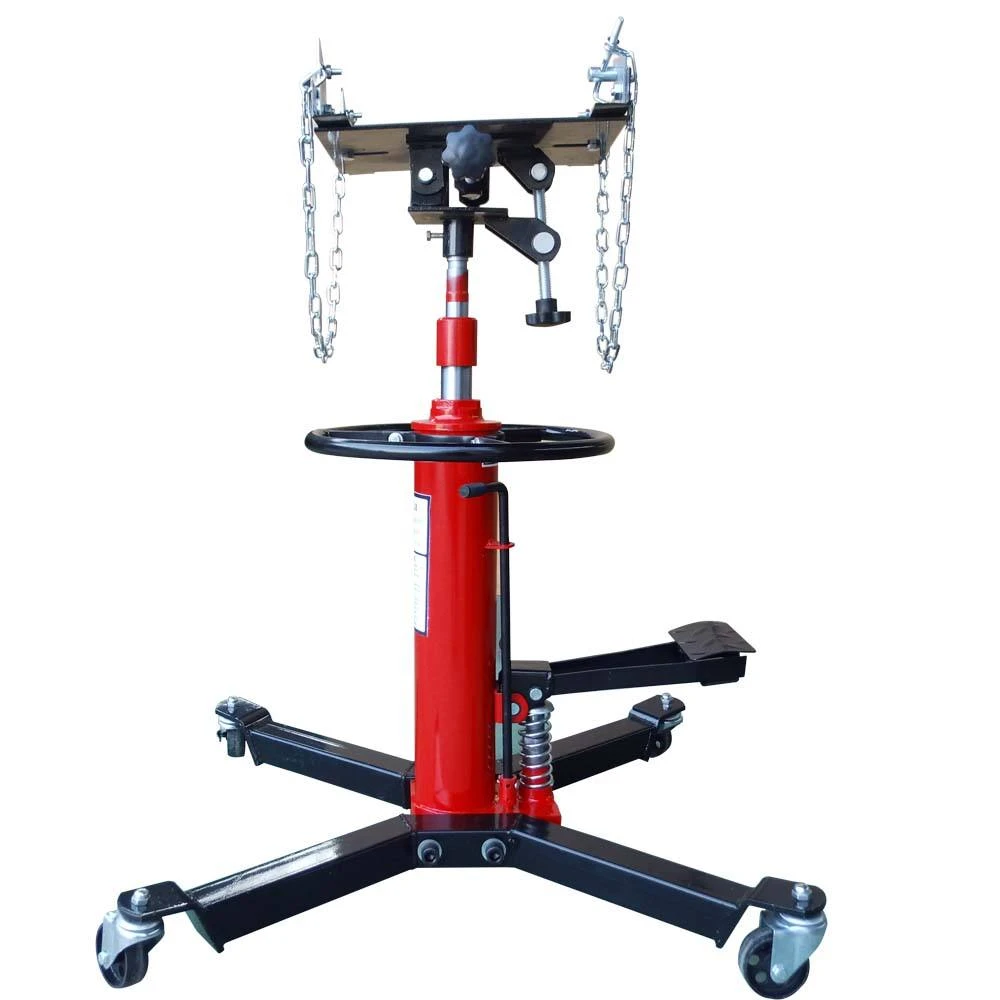2 月 . 13, 2025 23:46
Back To List
transmission support bar
Transmission support bars are essential components in the automotive industry, providing the necessary stability and support for the transmission system. Crafted with precision, these bars are designed to handle the immense pressures and vibrations that occur during a vehicle's operation, dramatically extending the lifespan of the transmission itself while enhancing the overall driving experience.
For enthusiasts and professionals alike, upgrading to a premium transmission support bar can deliver noticeable improvements in ride quality and vehicle response. Enhanced bar designs, including adjustable models, allow for customized transmission positioning. This flexibility can cater to specific driving conditions, such as off-road environments or high-speed tracks, where vehicle dynamics demand robust support and stability. In terms of authoritativeness and trustworthiness, investing in a reputable brand ensures adherence to stringent industry standards. Look for manufacturers with proven track records and positive reviews, as they offer added confidence in product performance and customer service support. Warranty options provided by these manufacturers further signify their commitment to quality and customer satisfaction, offering peace of mind with each purchase. Transparency in the manufacturing process is another vital aspect. Reputable manufacturers often provide detailed information about the production process, materials used, and performance testing, empowering consumers to make informed decisions. This openness not only reinforces trust but also showcases the expertise that goes into crafting each transmission support bar. In conclusion, the transmission support bar is an unsung hero of vehicle performance, providing essential stability and support to the transmission system. With the right choice of materials and precise installation, these bars can significantly enhance vehicle longevity and efficiency. By emphasizing experience, expertise, authoritativeness, and trustworthiness in the selection and installation process, consumers can ensure they invest in a component that not only meets but exceeds their expectations. Whether for everyday driving or performance pursuits, the transmission support bar is a vital component in the pursuit of automotive excellence.
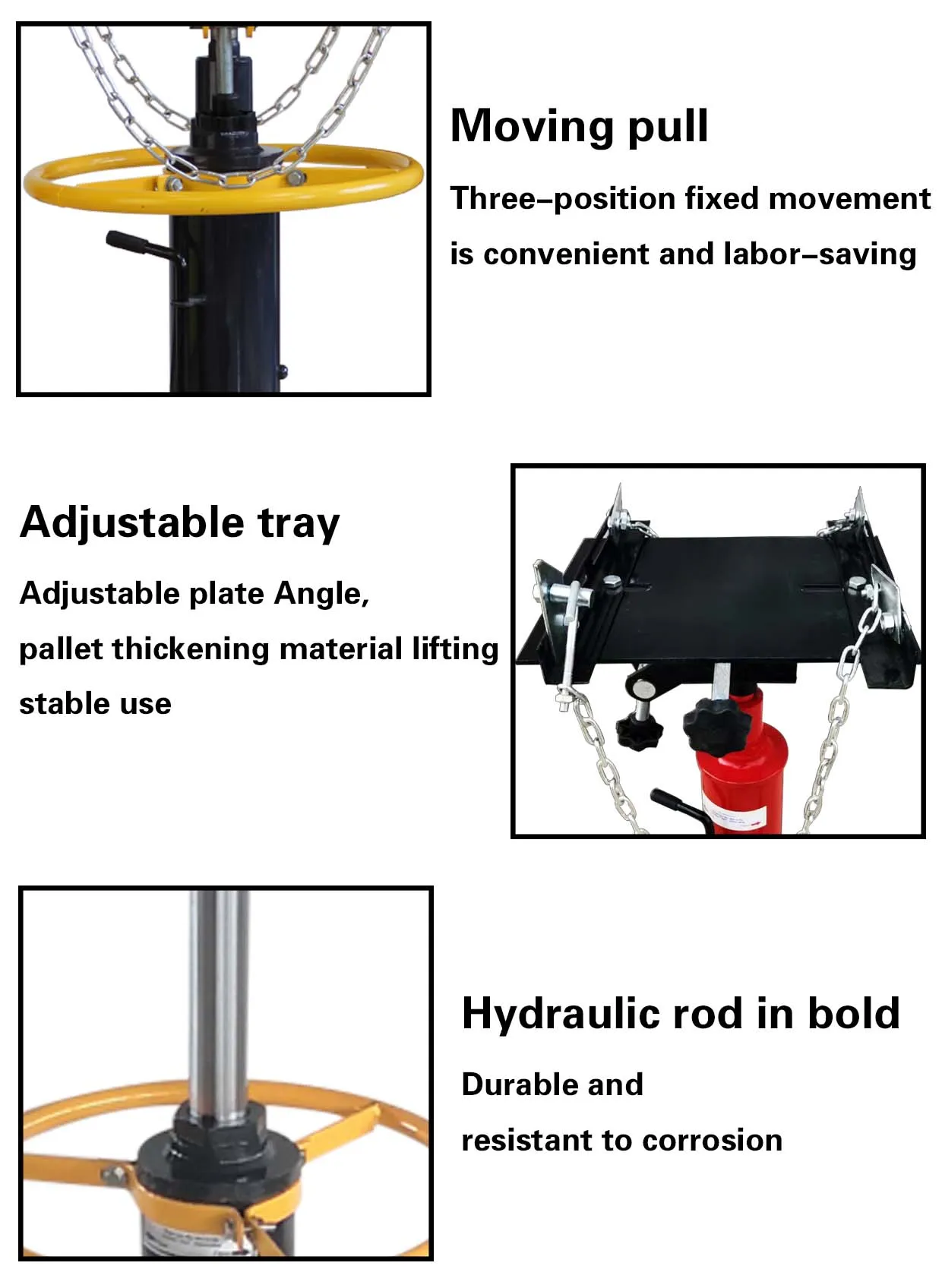
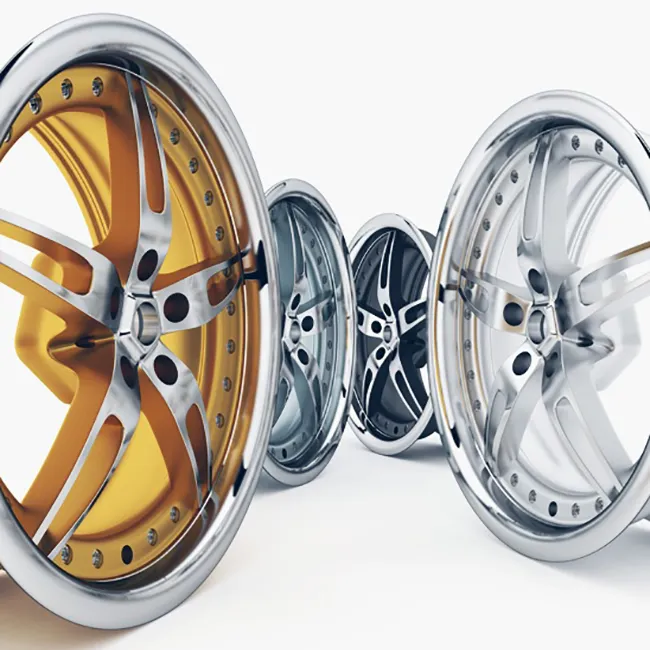
For enthusiasts and professionals alike, upgrading to a premium transmission support bar can deliver noticeable improvements in ride quality and vehicle response. Enhanced bar designs, including adjustable models, allow for customized transmission positioning. This flexibility can cater to specific driving conditions, such as off-road environments or high-speed tracks, where vehicle dynamics demand robust support and stability. In terms of authoritativeness and trustworthiness, investing in a reputable brand ensures adherence to stringent industry standards. Look for manufacturers with proven track records and positive reviews, as they offer added confidence in product performance and customer service support. Warranty options provided by these manufacturers further signify their commitment to quality and customer satisfaction, offering peace of mind with each purchase. Transparency in the manufacturing process is another vital aspect. Reputable manufacturers often provide detailed information about the production process, materials used, and performance testing, empowering consumers to make informed decisions. This openness not only reinforces trust but also showcases the expertise that goes into crafting each transmission support bar. In conclusion, the transmission support bar is an unsung hero of vehicle performance, providing essential stability and support to the transmission system. With the right choice of materials and precise installation, these bars can significantly enhance vehicle longevity and efficiency. By emphasizing experience, expertise, authoritativeness, and trustworthiness in the selection and installation process, consumers can ensure they invest in a component that not only meets but exceeds their expectations. Whether for everyday driving or performance pursuits, the transmission support bar is a vital component in the pursuit of automotive excellence.
Next:
Products categories
Latest News
-
Unlock the Power of the Spring Compressor for Your Projects
NewsApr.01,2025 -
Unlock the Power of Safe and Efficient Compression with the Spring Compressor
NewsApr.01,2025 -
Unlock Maximum Efficiency with the Spring Compressor
NewsApr.01,2025 -
Maximize Efficiency and Safety with the Spring Compressor
NewsApr.01,2025 -
Discover the Efficiency of the 2 Ton Foldable Shop Crane: A Must-Have for Auto Repair and More
NewsApr.01,2025 -
Discover the Best Spring Compressor for Your Needs
NewsApr.01,2025 -
Unlock the Full Potential of Your Workspace with the Tools Trolley
NewsMar.21,2025
